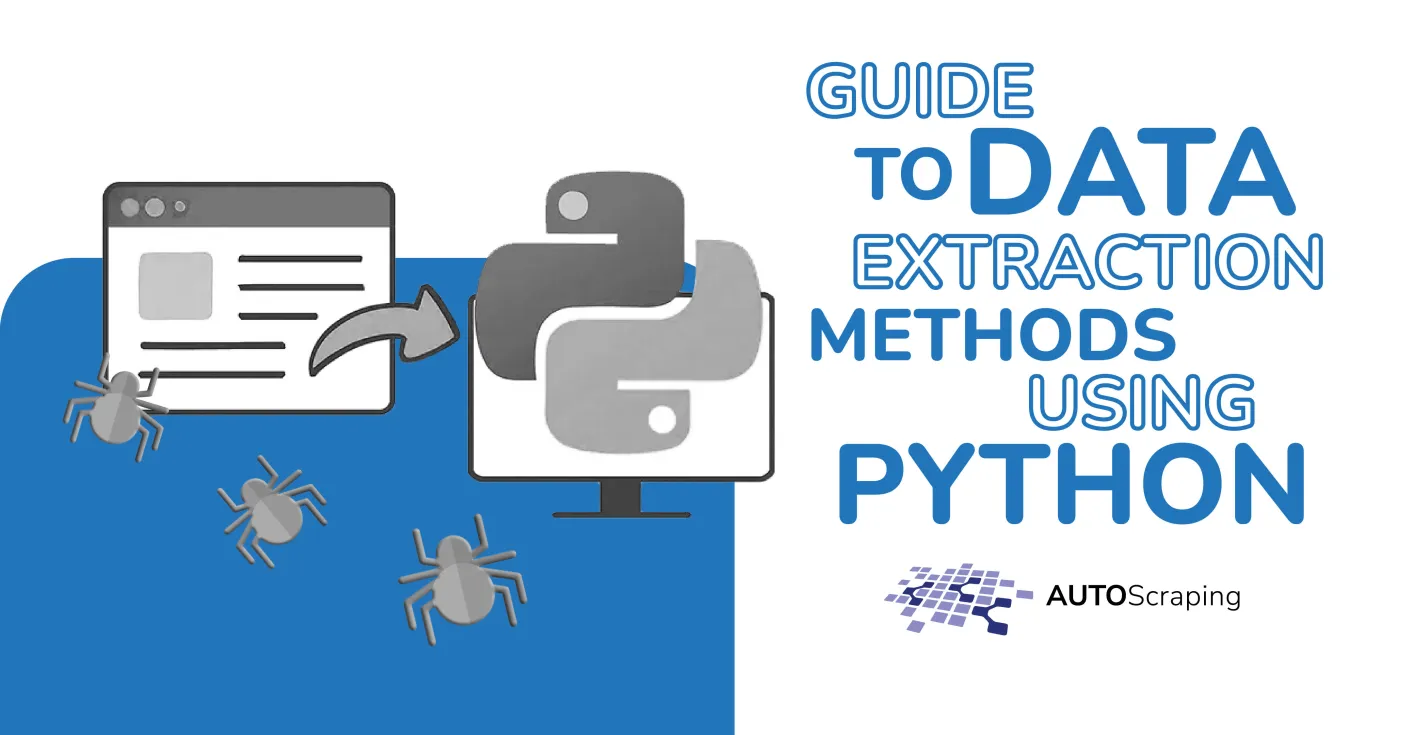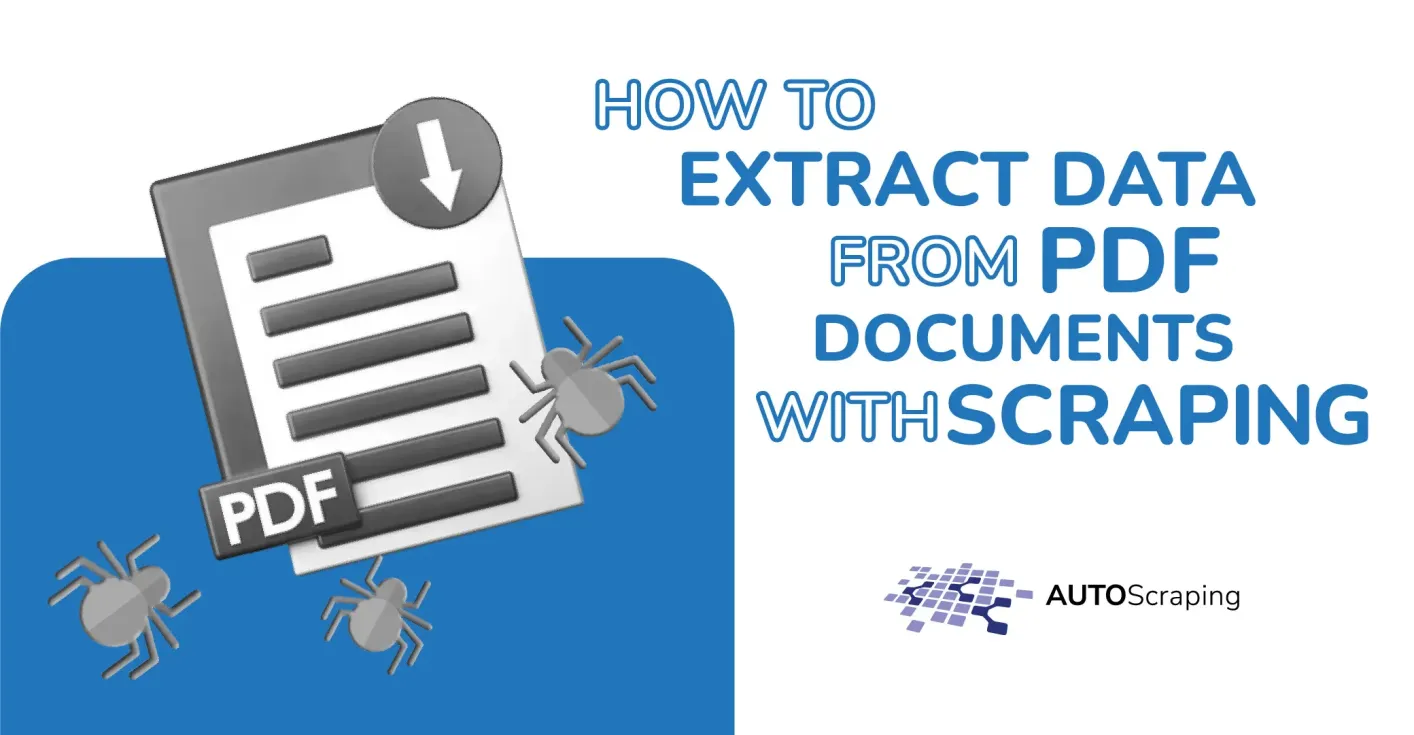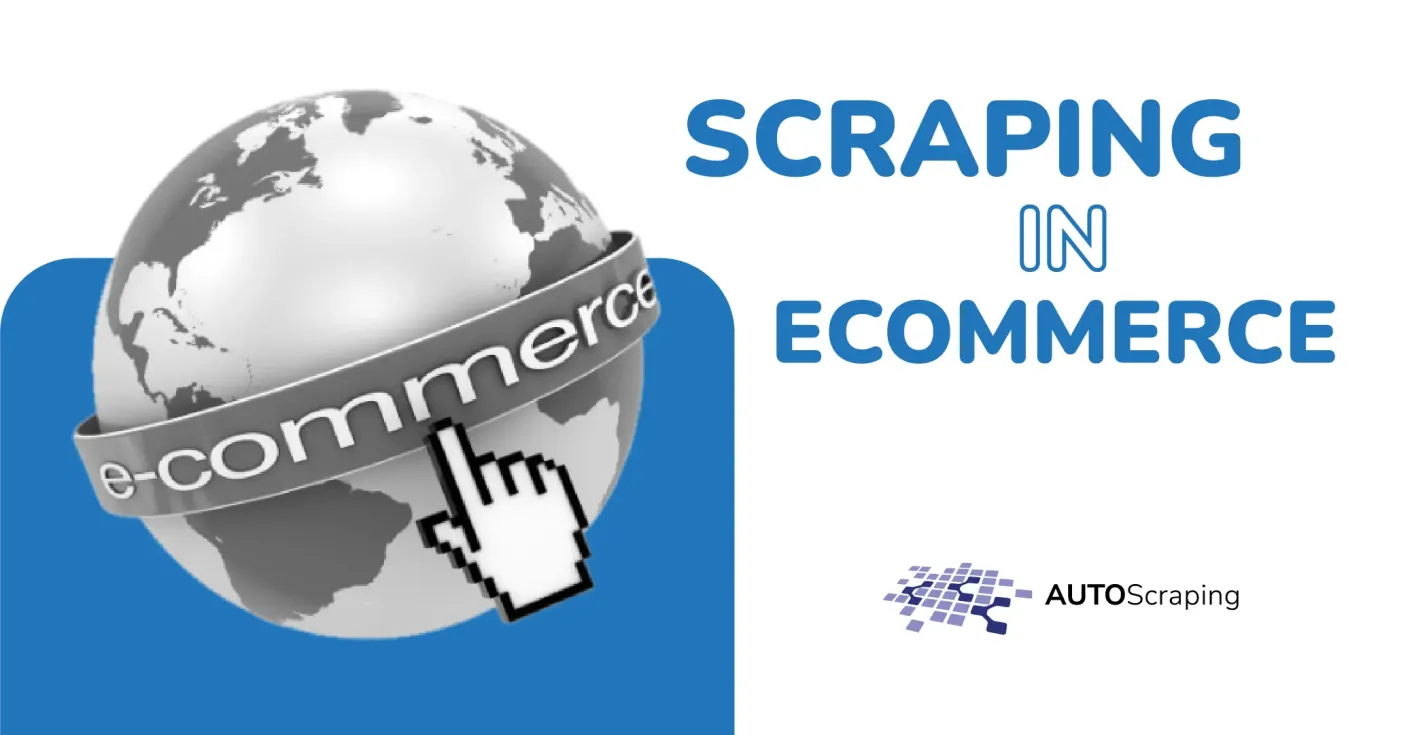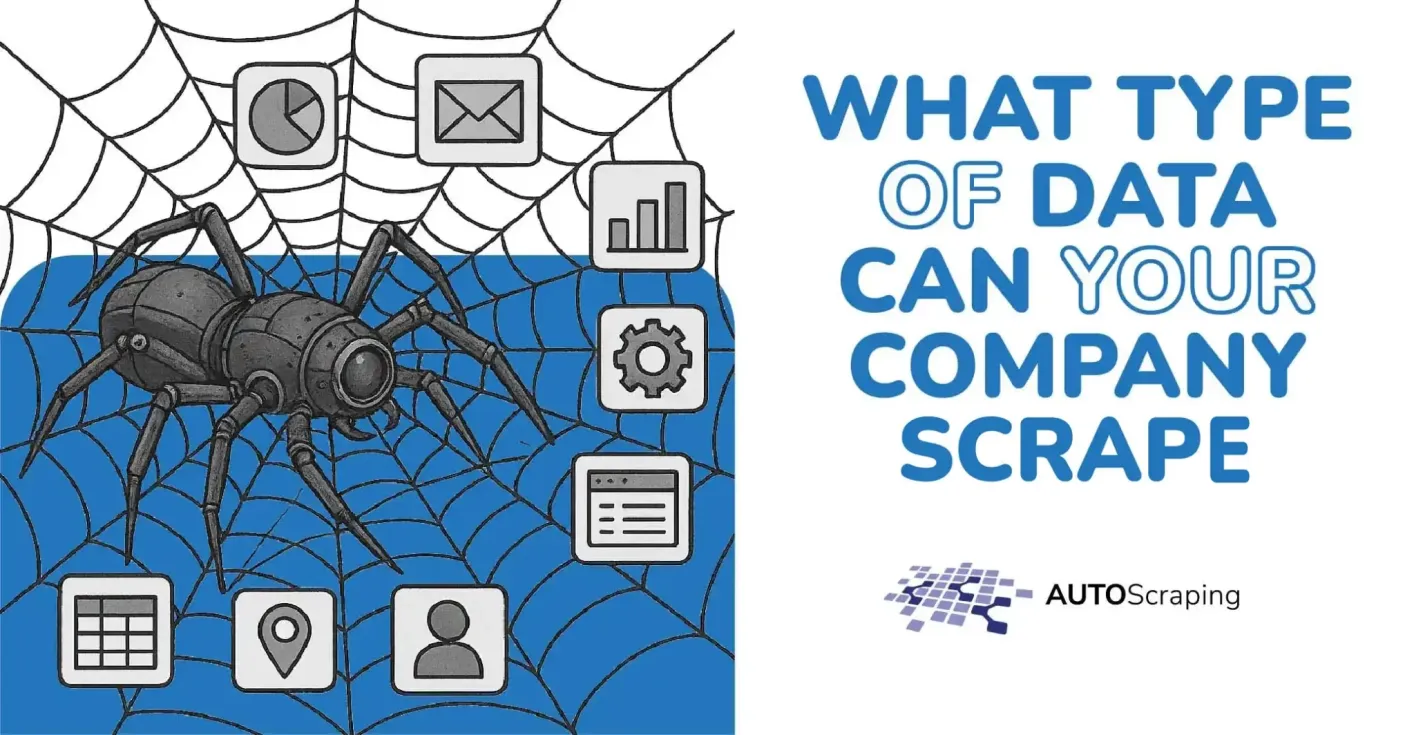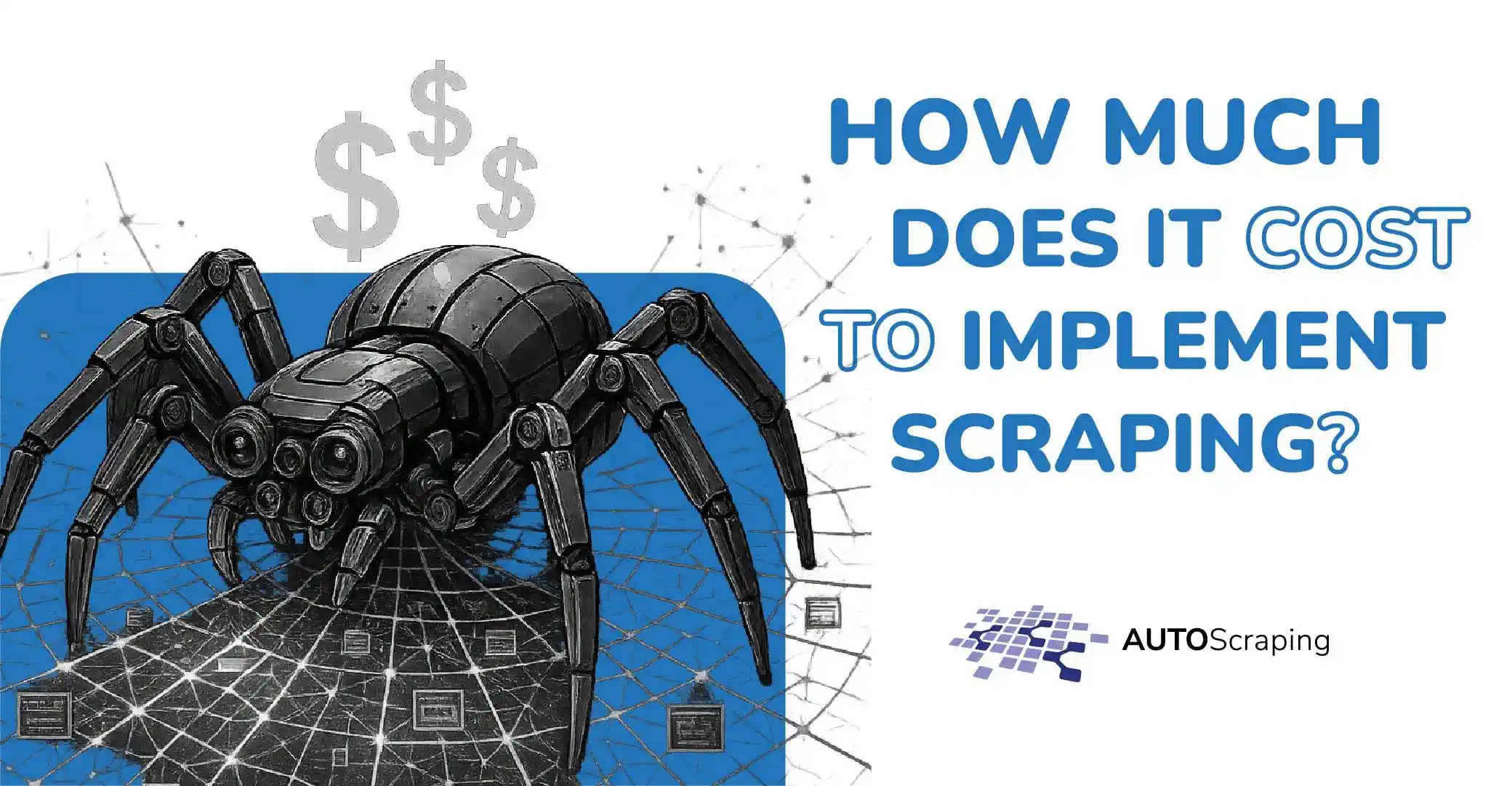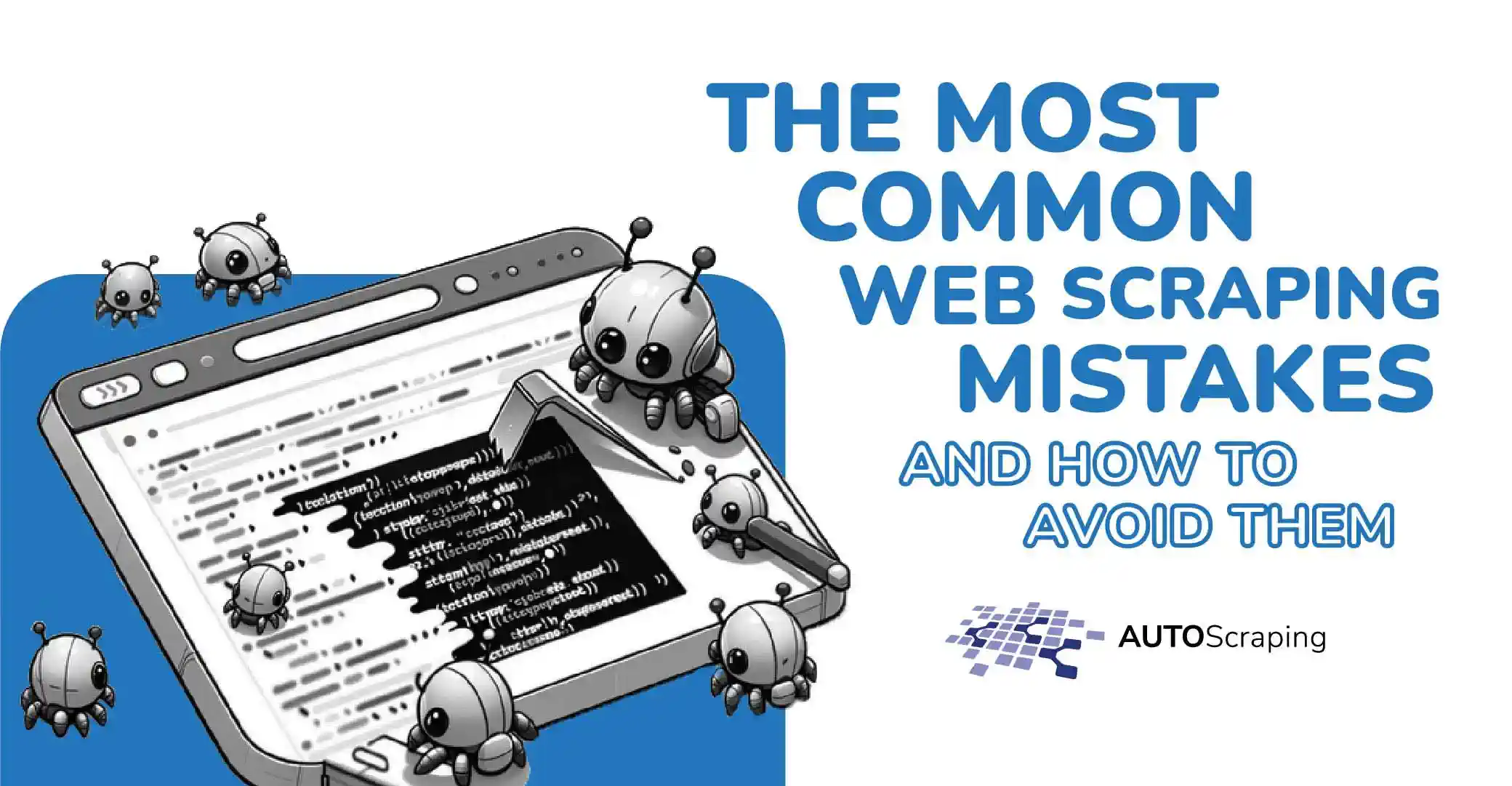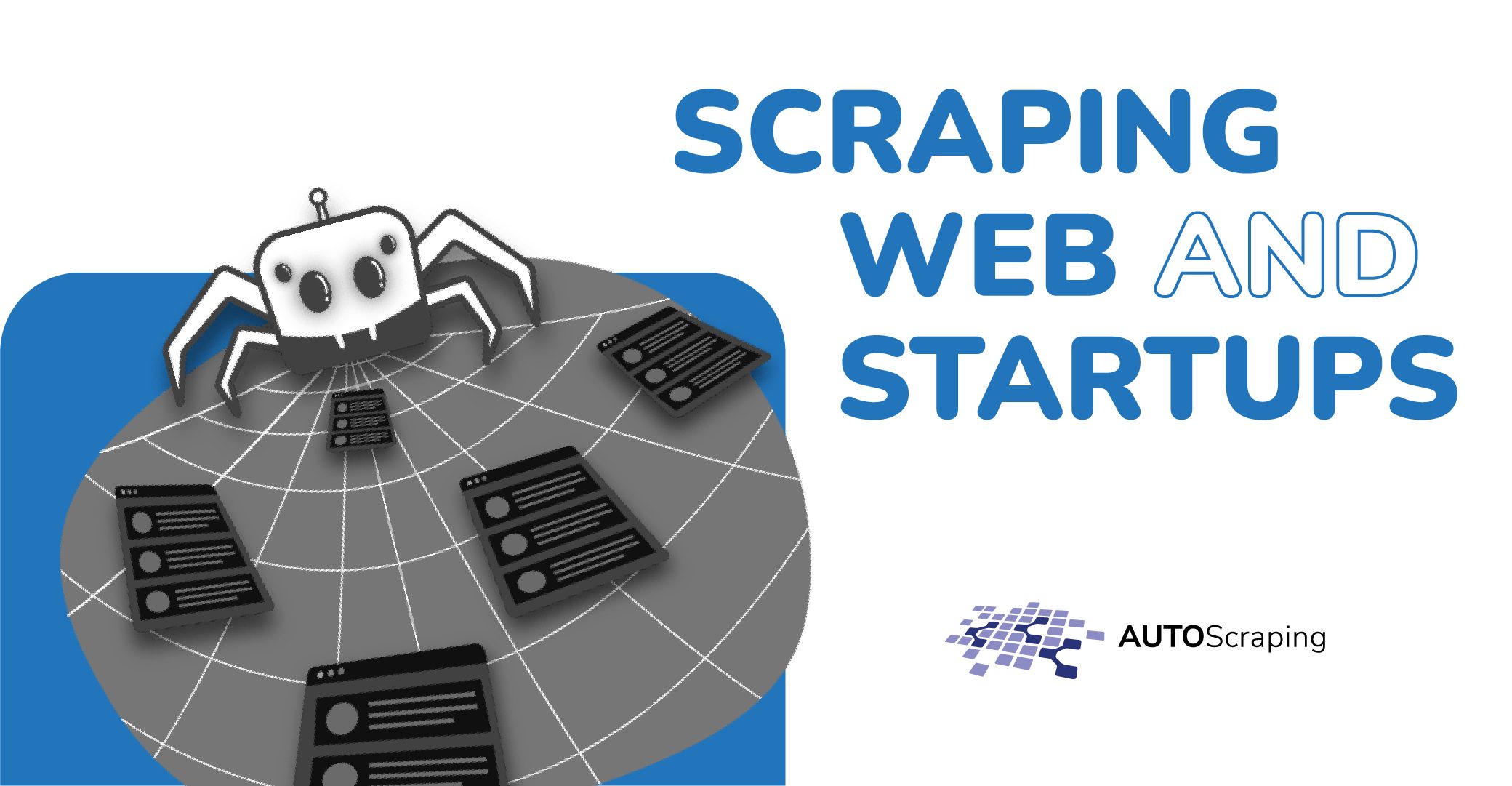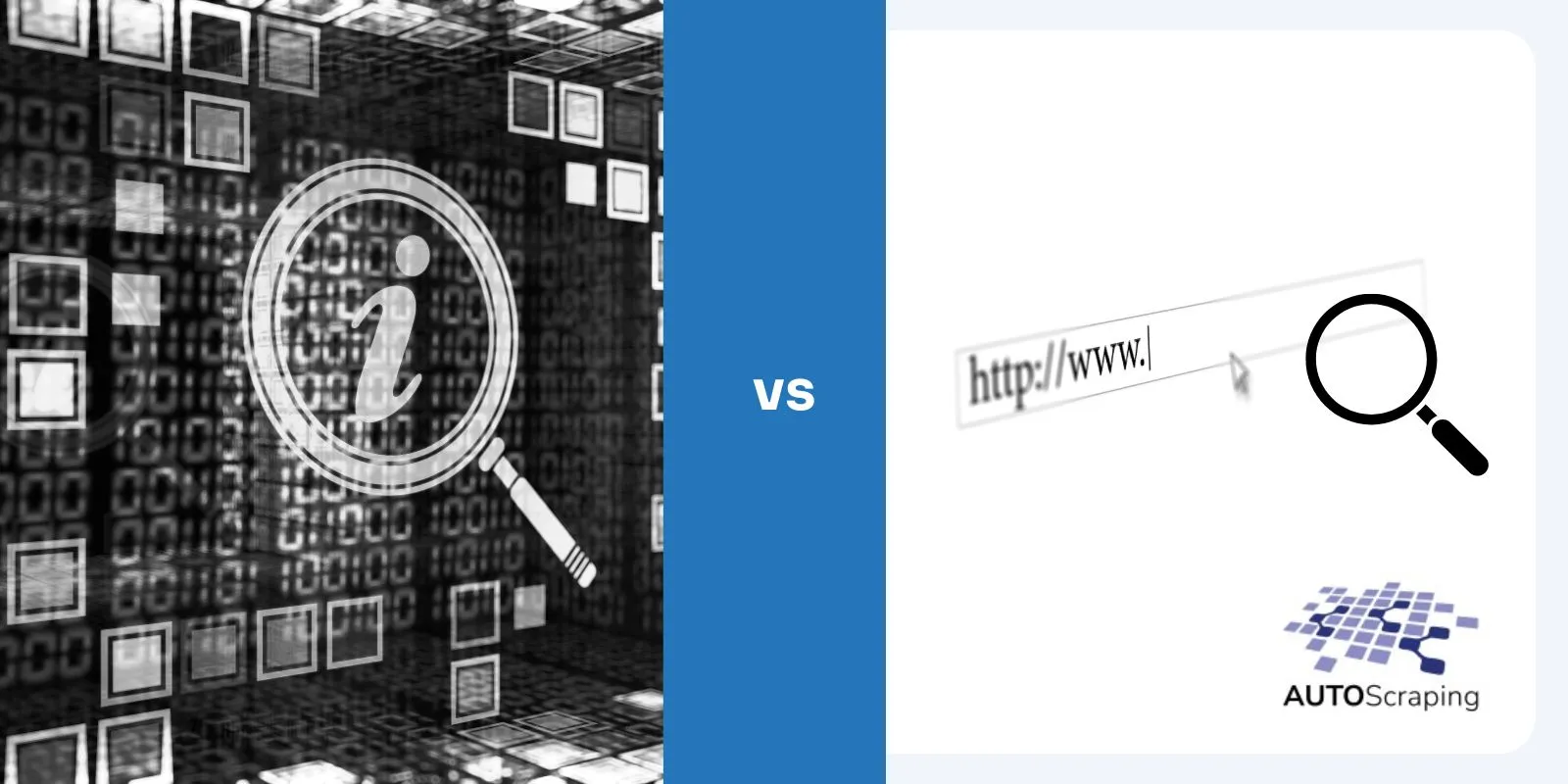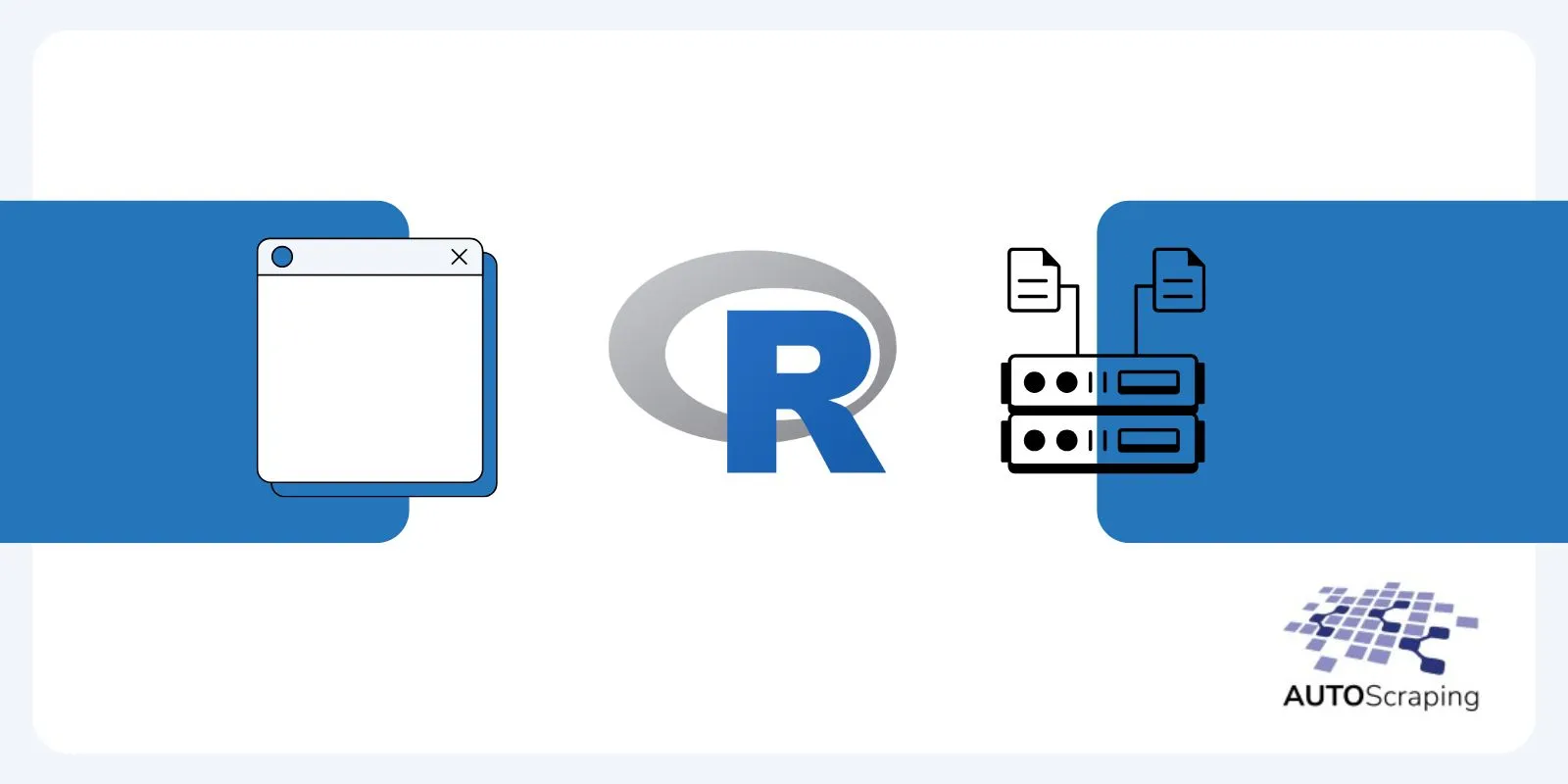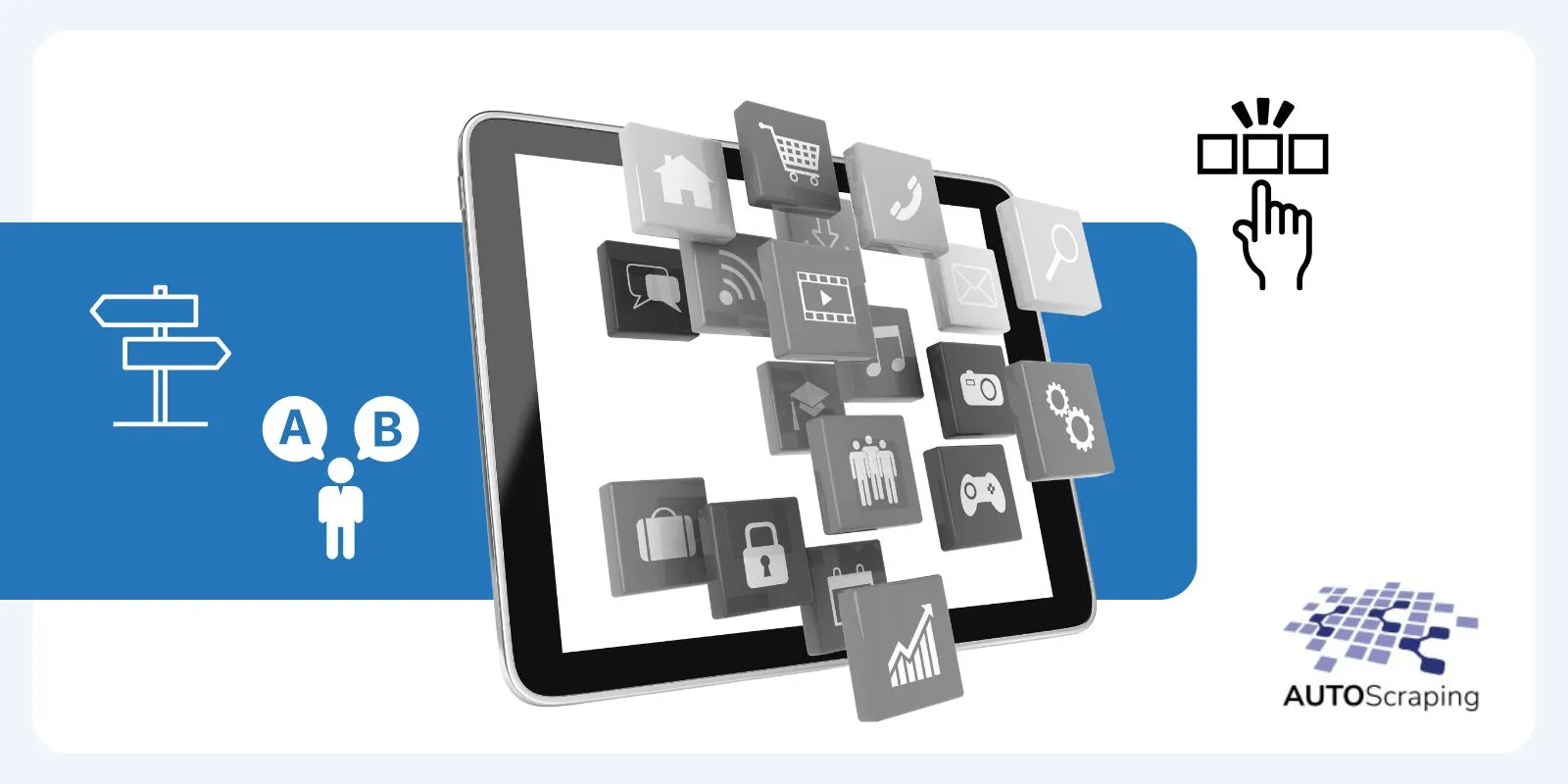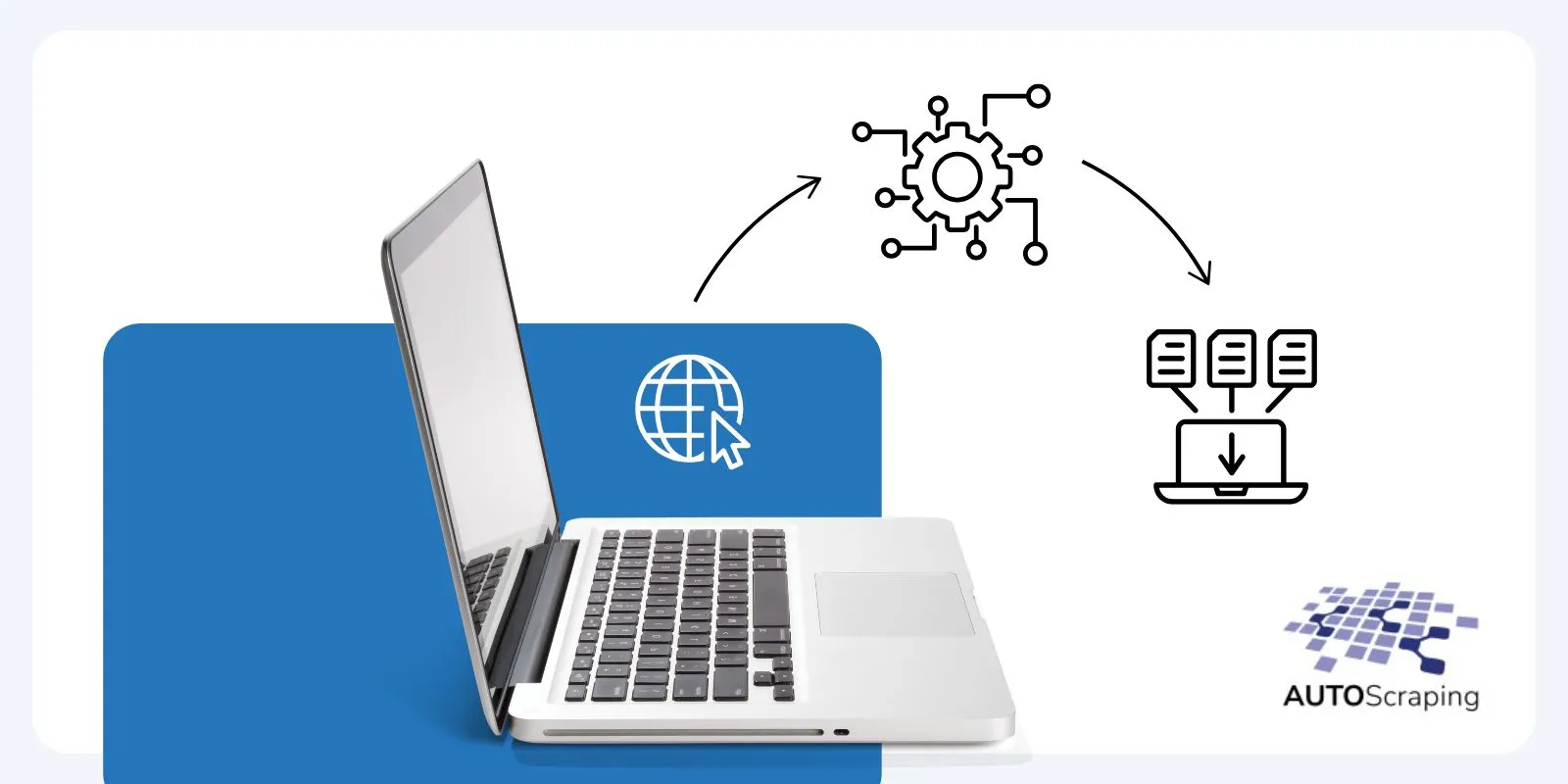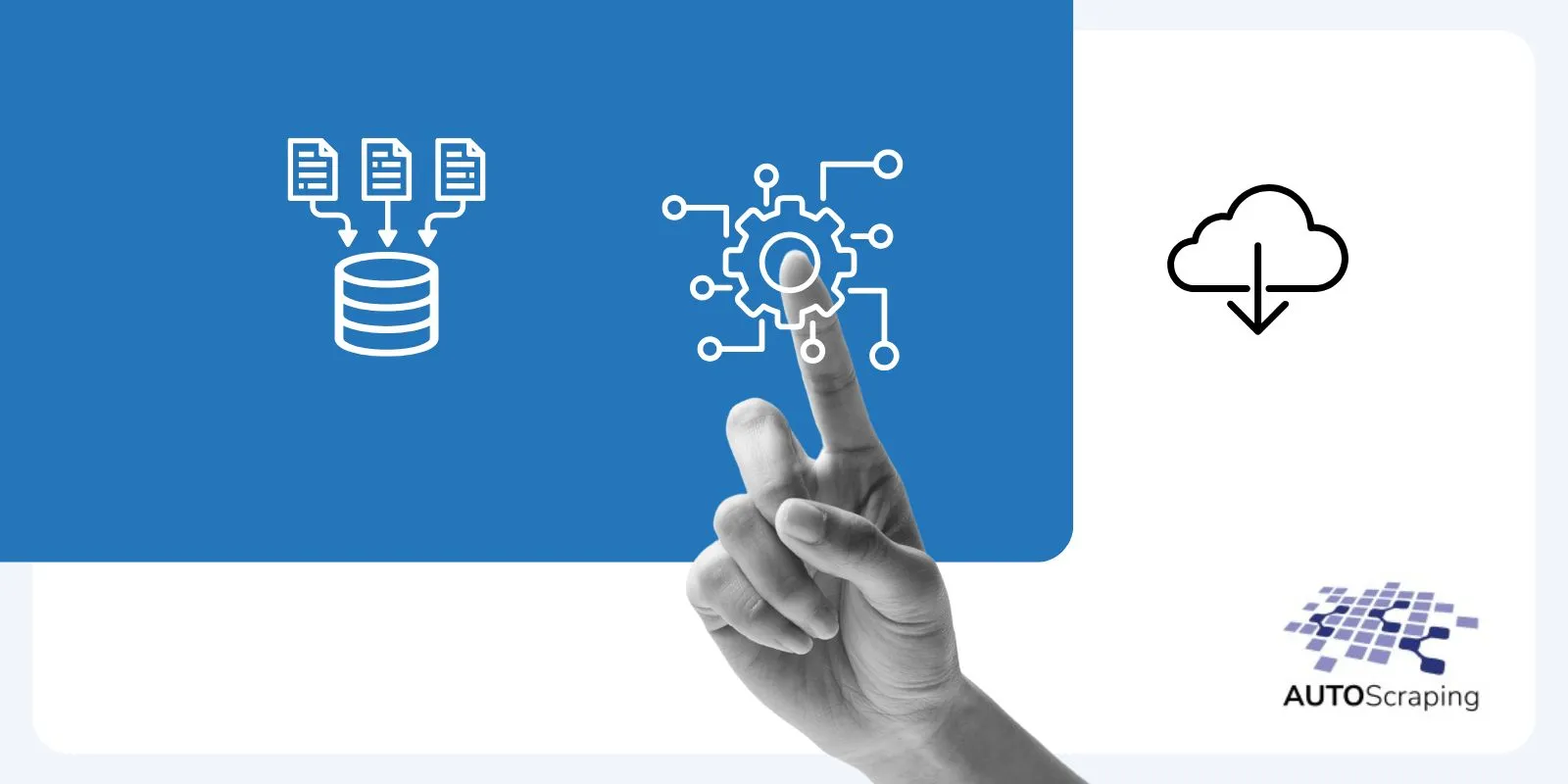In today’s competitive digital marketplace, web scraping services are invaluable tools for product managers. These services allow the collection of extensive data from various online sources, empowering product managers to make informed, data-driven decisions. By utilizing web scraping services, product managers gain insights into market trends, competitor strategies, customer feedback, and more. This data is crucial for refining product development, optimizing pricing, and staying ahead in the market.
Understanding Web Scraping Services in Product Management
What Are Web Scraping Services and How Do They Work?
Web scraping services involve automated processes that extract data from websites. These services use specialized tools or scripts to navigate web pages, collect information, and structure it for analysis. For product managers, this capability is essential to gather insights into competitor pricing, customer reviews, market trends, and more.
- Automated tools streamline the data collection process.
- Structured data from web scraping supports strategic decisions.
The role of web scraping services is to provide product managers with actionable data that supports strategic decisions. Whether it’s optimizing product features, adjusting pricing strategies, or identifying new market opportunities, real-time data collection from various sources ensures that product managers keep their strategies current and effective.

Key Applications of Web Scraping Services for Product Managers
Using Web Scraping Services for Market Research and Competitive Analysis
Product managers rely on web scraping services for comprehensive market research. By gathering data on industry trends, customer preferences, and emerging markets, they can make informed decisions that align with current market demands. For example, by scraping data from multiple e-commerce sites, a product manager can analyze shifts in customer preferences over time, tailoring their products to meet these evolving needs.
- Market research driven by web scraping identifies trends.
- Competitive analysis helps product managers stay ahead.
Another critical application of web scraping services is monitoring competitors. By scraping competitors’ websites for product offerings, pricing, and customer feedback, product managers can develop strategies that give them a competitive edge. Continuous monitoring ensures that product managers stay ahead of market trends and adjust their products and strategies accordingly. For instance, analyzing a competitor’s new product launch can help a product manager determine how to position their own products to counter the competition effectively.
Harnessing Web Scraping Services for Customer Insights and Feedback
Web scraping services allow product managers to collect and analyze customer reviews from various platforms. By understanding customer sentiments and identifying common issues or praises, they can make necessary adjustments to improve their products. Real-time feedback is crucial for maintaining customer satisfaction and loyalty. For example, if multiple reviews highlight a specific product feature as problematic, the product manager can prioritize resolving that issue in the next update.
- Customer reviews provide insights into product performance.
- Real-time feedback enables proactive improvements.
Additionally, product managers can use web scraping services to monitor customer behavior, such as purchasing patterns and browsing habits. This data provides valuable insights into how customers interact with products, guiding decisions about product features, marketing strategies, and user experience enhancements. By understanding these behaviors, product managers can anticipate customer needs and adjust their strategies, leading to more successful product offerings.

Optimizing Pricing Strategies with Web Scraping Services
Pricing is a critical aspect of product management. Web scraping services enable product managers to track competitor pricing strategies in real-time, allowing them to adjust their prices to remain competitive. This dynamic approach ensures that products are priced appropriately for the market conditions. For instance, if a competitor significantly drops their prices, a product manager can respond by adjusting their pricing or offering promotions to maintain market share.
- Real-time pricing strategies help maintain market position.
- Competitive pricing adjustments are key to staying relevant.
Some companies use web scraping services to implement dynamic pricing models. By continuously monitoring market conditions and competitor prices, product managers can adjust prices in real-time to maximize revenue. This approach is particularly effective in industries where prices fluctuate frequently, such as e-commerce and travel. For example, an airline might use web scraping to adjust ticket prices based on real-time demand and competitor pricing, ensuring they remain competitive while maximizing profits.
Driving Product Development and Innovation with Web Scraping Services
Web scraping services help product managers identify gaps in the market by analyzing data on customer needs and competitor offerings. By recognizing unmet needs, they can innovate and develop new product features that address these gaps, giving them a competitive advantage. For instance, if web scraping reveals a rising demand for a specific product feature not currently offered by competitors, the product manager can prioritize developing this feature to capture a new segment of the market.
- Identifying gaps in the market fosters innovation.
- New features are developed based on unmet customer needs.
Furthermore, product managers use web scraping services to track and analyze industry trends. By forecasting future demands based on historical and real-time data, they can make strategic decisions that position their products for long-term success. This foresight allows them to align product development with emerging trends, ensuring their products remain relevant and competitive in the marketplace.

Benefits of Web Scraping Services for Product Managers
Enhancing Decision-Making with Web Scraping Services
Web scraping services provide product managers with the data needed to make data-driven product decisions. By accessing accurate, up-to-date information, they can reduce risks and uncertainties, ensuring that their product strategies are based on solid evidence rather than assumptions. For example, instead of relying on intuition or outdated data, product managers can use real-time market insights to guide their decisions, leading to better outcomes and more successful products.
Improving Competitiveness with Web Scraping Services
Staying ahead of competitors is crucial in product management. Web scraping services enable product managers to monitor competitors closely, gaining insights into their strategies and market positioning. This knowledge allows them to develop products and strategies that outperform those of their competitors. For instance, by analyzing competitors’ product launches and customer feedback, a product manager can identify weaknesses in their competitors’ offerings and capitalize on these to improve their own products.
- Competitor monitoring provides strategic insights.
- Competitive advantage is gained through informed decision-making.
Increasing Cost and Time Efficiency with Web Scraping Services
Web scraping services automate the process of collecting large volumes of data, saving product managers significant time and resources. This automation allows them to focus on more strategic tasks, such as analyzing data and making informed decisions, rather than manually gathering information. The efficiency gained through automation can also lead to cost savings, as the need for manual data collection and analysis is reduced.
Challenges and Ethical Considerations When Using Web Scraping Services
Legal and Ethical Issues in Web Scraping Services
While web scraping services offer many benefits, product managers must be aware of the legal implications. Violating terms of service, scraping copyrighted content, or collecting personal data without consent can lead to legal issues. It’s essential to use web scraping services that comply with legal regulations and respect the privacy of users. Ensuring that these services operate within legal bounds not only protects the company but also maintains the integrity of the data collection process.
Beyond legal compliance, product managers should consider the ethical implications of using web scraping services. Transparency, fairness, and respect for user privacy are crucial to maintaining trust and integrity. For example, product managers should avoid scraping sensitive data and ensure that their data practices do not harm users or competitors.

Ensuring Data Quality and Accuracy in Web Scraping Services
The quality and accuracy of data collected through web scraping services are critical for making reliable decisions. Product managers should implement strategies to validate and clean the scraped data to ensure it is accurate and useful. This process might involve cross-referencing data from multiple sources or using advanced data cleaning tools to eliminate inaccuracies. By maintaining high data quality, product managers can make informed decisions that positively impact product development and business strategy.
- Data validation ensures reliability.
- Accurate data is key to effective product strategies.
Best Practices for Product Managers Using Web Scraping Services
Choosing the Right Web Scraping Services for Product Management
Selecting the right web scraping services is crucial for success in product management. Product managers should look for tools that offer key features such as data accuracy, legal compliance, and ease of integration with existing workflows. Evaluating the needs of the business and matching them with the capabilities of different web scraping services will help ensure the best fit. For example, some tools are better suited for real-time data collection, while others excel in providing structured, organized datasets for in-depth analysis.
Integrating Web Scraping Services Data into Product Management Processes
To maximize the benefits of web scraping services, product managers should integrate the collected data into their existing workflows. This integration ensures that data is actionable and aligned with the company’s strategic goals. Tips for effective integration include setting up automated data pipelines, using dashboards for data visualization, and regularly updating datasets.
- Data integration ensures data is actionable.
- Strategic alignment enhances decision-making.
Companies Offering Web Scraping Services for Product Managers
Autoscraping
Autoscraping specializes in providing comprehensive web scraping services tailored for businesses. Their services help product managers collect and analyze data efficiently, focusing on competitive analysis, market research, and pricing strategies. Autoscraping is known for its advanced tools that are designed to meet the specific needs of product managers.
Other Companies Providing Web Scraping Services
- ScraperAPI offers scalable, API-based web scraping services with features like IP rotation, CAPTCHA solving, and custom user-agent support, making it a versatile option for product managers.
- DataMiner is a browser extension that simplifies data extraction for product managers looking for a quick and easy way to gather data from web pages. It’s ideal for those needing a straightforward tool without extensive technical knowledge.
- Zyte (formerly Scrapinghub) provides cloud-based web scraping services with robust data extraction and management tools. Zyte is known for its custom solutions that are tailored to the specific needs of product managers.
- Diffbot offers AI-powered web scraping and data extraction services that focus on delivering structured data. Diffbot is suitable for product managers who require detailed and organized datasets.

Case Studies and Examples of Product Managers Using Web Scraping Services
Case Study: Competitive Analysis Using Web Scraping Services
A product manager leveraged web scraping services to conduct an in-depth competitive analysis. By scraping data on competitors’ product offerings, pricing, and customer reviews, they were able to identify gaps in the market and adjust their product strategy accordingly. This approach not only improved the product’s competitive positioning but also led to a significant increase in market share.
Case Study: Pricing Strategy Optimization with Web Scraping Services
In another example, a product manager used web scraping services to optimize pricing strategies. By continuously monitoring competitor prices and market conditions, they implemented a dynamic pricing model that increased revenue while maintaining competitiveness. The ability to adjust prices in real-time based on accurate data provided a significant advantage in a volatile market.
Conclusion: Web Scraping Services
Web scraping services have become indispensable tools for product managers looking to enhance their decision-making, stay competitive, and drive innovation. By providing access to vast amounts of data, these services allow product managers to develop data-driven strategies that align with market demands and customer needs.
As the role of web scraping services continues to evolve, their importance in product management is likely to grow, with future innovations making these tools even more powerful and accessible. Product managers are encouraged to explore and adopt web scraping services to stay ahead in an increasingly data-driven world.


